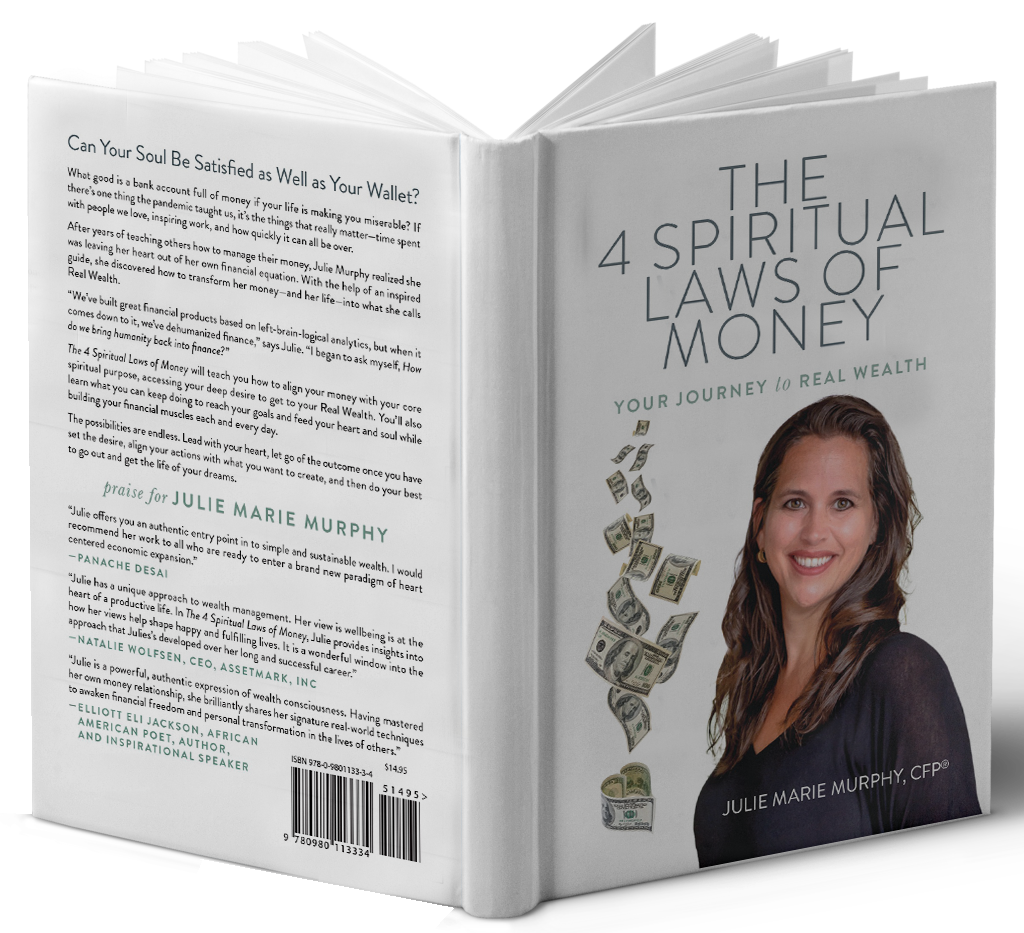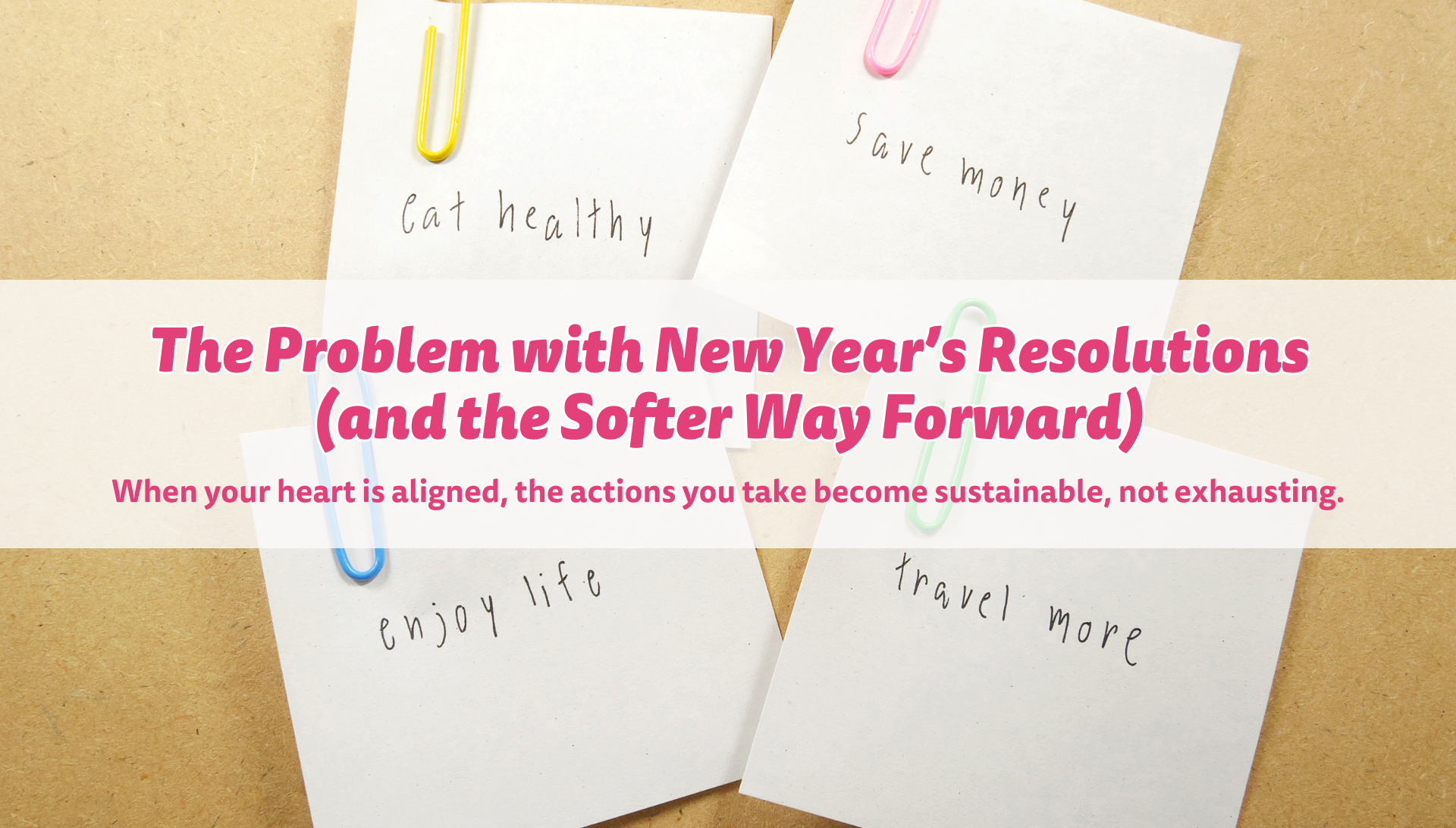Christmas shopping anxiety: how does your mood affect your finances?
It’s the season of giving (hopefully, not too much ), and December marks the peak of the season of shopping. Long lines and impatient shoppers can put us on edge. These are the times we forget about the true reason for the season and allow the worry and impatience to hover over us like a dark cloud.
Almost instantly, our holiday cheer turns to anxiety. Think about it: when you get stressed during your holiday shopping trips, you act a certain way. Little things may begin to annoy you, like slow walkers or babies crying. Then you get agitated, and not being able to find a gift goes from an afterthought to a frustrating moment.
And then you begin to make bad decisions with your money. You buy whatever you can find just so you can “get the shopping over with.” You want to hurry up and get out of the store, so you spend twice as much than you intend; you can just pay it off after New Years, right? Eventually, your not-so-cheery holiday shopping spree will catch up with you and you’re left to wonder how you let the stress of the season get you in a financial mess.
Instead of beating yourself up about how your holiday shopping went awry, take a moment and consider why you reacted the way you did to the outside stress. Ideally, we roll with the ups and downs life throws at us and we don’t allow the constant curve balls to throw us off our marks. Unfortunately, many of us fall short of that and we find ourselves in an unfavorable situation. In this case, a big bill from Santa.
A good course of action to take this next week is self-examination. When you get a free moment, go somewhere quiet and find your most non-judgmental place of honesty. Then, ask yourself this:
What feelings do you associate with money?
Confidence or anxiety? Happiness or anger? Peace or frustration? Powerlessness or freedom?
You may not realize it, but you do associate very specific feelings with your finances. Just the thought of that word “money” invokes certain reactions, and some of them are stronger than others. This time of year really brings out your core beliefs. We all spend seemingly countless hours in stores trying to find the perfect gift, and the stress of the season usually reveals our true feelings about our relationship with money.
Any and everything you feel about what you think of your finances is a valid emotion, so don’t judge yourself. The relationship you have with your money is complicated, and our goal this week is to begin the journey of simplifying it. This is an exploration process, and I want you to get to the core of where these feelings are coming from.
They key word here is “feelings” and not “reactions.” Your feelings are your core beliefs, and your reactions are the ways those core beliefs externalize themselves. This week get to the root of why you respond the way you do to stressful money situations. Then next week, we’ll use what you uncovered this week focus on healing relationship with money.
Like this blog? Share it with your friends on Facebook and Twitter. Also, be sure to sign up for my bi-weekly newsletter Financial Consciousness. And join the conversation on Facebook where we’ve grown together and act as a community to promote financial healing.
The post Christmas shopping anxiety: how does your mood affect your finances? appeared first on Julie Murphy.
Share Blog On Social
Recent Blogs

Similar Blogs







